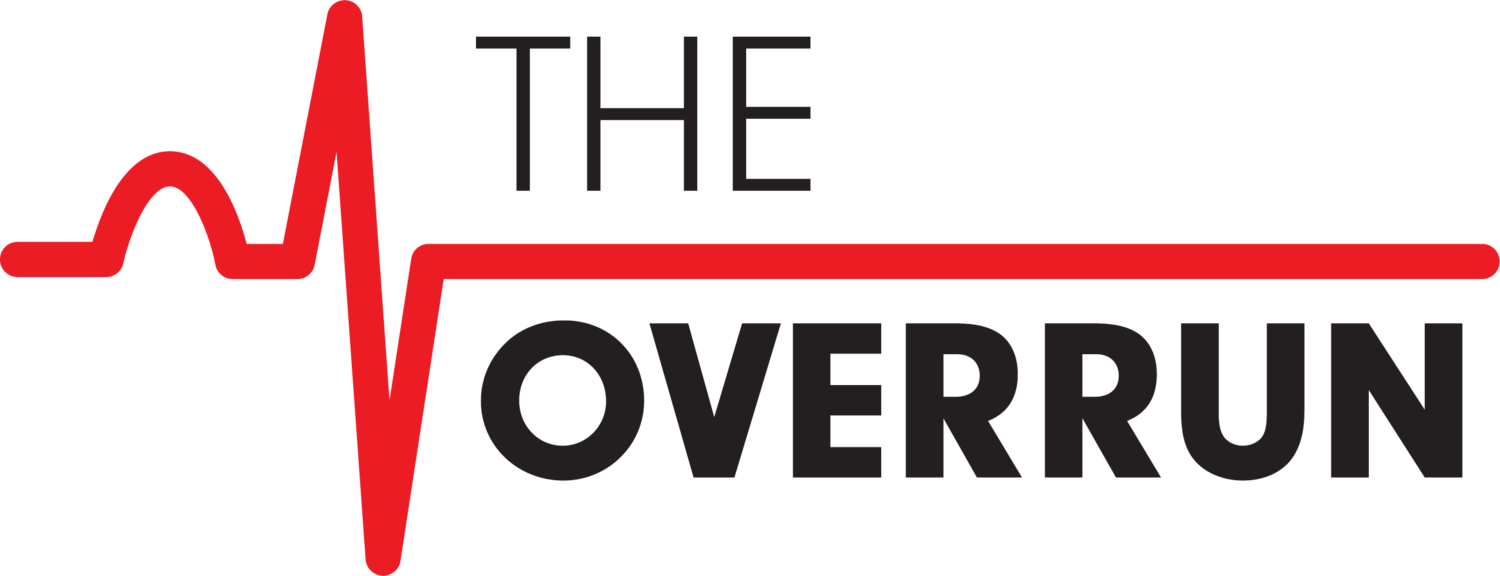For most places in EMS, how we treat cardiac arrests in adults is drastically different than how we do it in pediatric patients. And the results show it.
Ed and Dan sit down with Dr. Peter Antevy and talk about how we can do better with pediatric arrests. Dr. Antevy’s programs in Florida have dramatically improved their pediatric survival from cardiac arrest, by focusing on the basics, staying on scene to resuscitate before moving to the hospital, and by engaging parents with WHY we are doing what we do on scene.
This is a critically important topic that we don't talk about. But we need to prepare for these low-frequency, high-stress events to give out patients every possible chance to survive.
On another note, go to https://www.prodigyems.com/refresh2021 to see the talk that inspired this episode. This is some of the best paramedic level training out there today, and it’s NREMT approved, and FREE!
Check out Dr. Antevy’s stuff at:
Early epinephrine administration improving outcomes:
https://www.ahajournals.org/doi/epub/10.1161/JAHA.119.014330
We talk about the AHA PALS guidelines for 2020, here they are:
https://www.ahajournals.org/doi/epub/10.1161/CIR.0000000000000901
The Polk County study on pediatric OHCA:
https://pubmed.ncbi.nlm.nih.gov/30412719/
Time on scene in pediatric arrest matters:
https://www.ahajournals.org/doi/pdf/10.1161/CIRCULATIONAHA.116.023821


